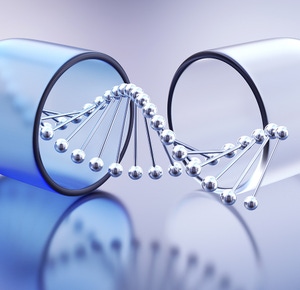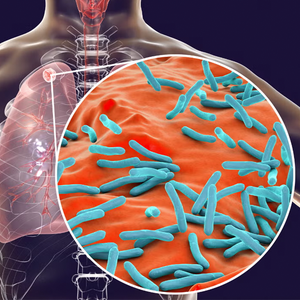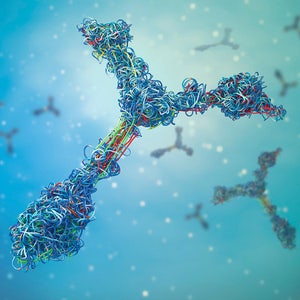
Acylcarnitine Profile
Acylcarnitine Profile
Acylcarnitine Profile
| Test Code | B0210 |
|---|---|
| Turn Around Time | 3 days |
| Acceptable Sample Types | Dried Blood Spots |
| Acceptable Billing Types | Institutional Billing , Self (patient) Payment |
| NY Approved | Yes |
| Self (patient) Price | $218.90 |
|---|---|
| Institutional Price | $218.90 |
**The CPT codes listed are in accordance with Current Procedural Terminology, a publication of the American Medical Association, and are provided for informational purposes only. CPT coding is the sole responsibility of the billing party.
This testing service has not been cleared or approved by the U.S. Food and Drug Administration. Testing services may not be licensed in accordance with the laws in all countries. The availability of specific test offerings is dependent upon laboratory location.
Test information
Test description
An acylcarnitine biochemical profile is performed for detection of disorders of fatty acid oxidation and organic acidurias.
Indications for testing
Acylcarnitines are metabolites involved with fatty acid oxidation and organic acidurias. This test is valuable in diagnosing and monitoring patients with a clinical suspicion for one these disorders or newborns with a positive screen. It may be recommended to perform amino acid analysis and urine organic acids together with acylcarnitines to aid the diagnosis of these disorders.
Condition description
Fatty acid oxication disorders are lipid metabolism disorders that are caused by a deficiency of the enzymes needed to break down fats which results in delayed mental and physicial development. Organic aciduras are a group of disorders in which there is a defect in protein metabolism due to absent or malfunctioning enzymes. This can cause imbalances in metabolic pathways that disrupt the body's normal functioning and development. Elevation of acylcarnities can be diagnostic for several fatty acid oxidation disorders and organic acidurias.
Test methods and limitations
This test is performed by tandem mass spectrometry. Tandem mass spectrometry (MS/MS) is an analysis technique that utilizes two mass analyzers to target analytes based on mass and charge. This mass filtering process provides highly sensitive and specific measurements of small molecules or peptides from biological samples.
Detailed sample requirements
Dried Blood Spots
| Collection Container(s) |
Dried blood spot card |
|---|---|
| Collection |
Follow kit instructions. Briefly, allow blood to saturate the card until indicated areas are filled and blood has soaked through the card. Air dry the card at ambient temperature for at least 3 hours.
|
| Sample Condition |
Follow the instructions provided with the collection set. Store the dried blood at ambient temperature for up to two days. If the specimen cannot be sent as soon as it is dry, the filter paper should be placed in a sealable plastic bag and stored in a refrigerator (≤ 8°C) or preferably in a freezer. |
| Shipping |
Follow kit instructions. Double bag and ship overnight at ambient temperature. |
Resources


How To Order
Choose Your Test
Select the correct test for your patient, and download and fill out the Clinical Genomics test requisition form.
Collect Sample
Obtain a sample for testing from the patient using one of the provided Revvity Omics test packs.
Send Samples
Send samples and all required forms back to Revvity for processing using pre-paid shipping label.
How can we help you?
We are here to answer your questions.







































